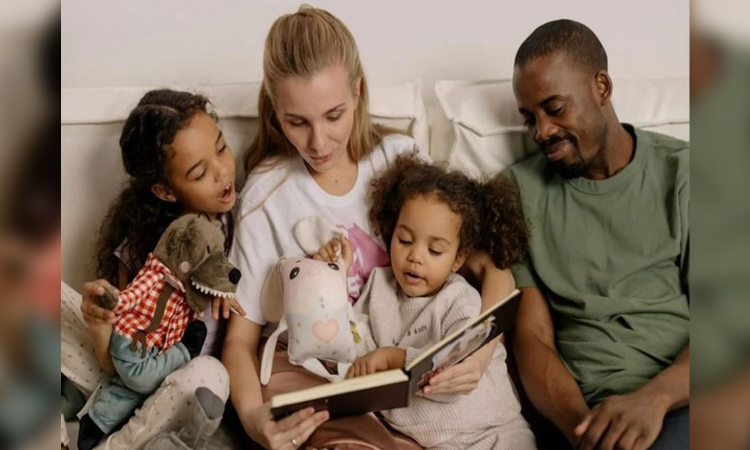Editorial: Relationships and crime
At the heart of this issue is the continued prevalence of regressive ideas among a section of society, which is gaining currency in the present socio-political climate, while another section of society has progressive views and tends to be aware and assertive

Representative Image
CHENNAI: Indian society and interpersonal relationships have been in a transition and dire straits. An aware and assertive younger generation is at loggerheads with an older generation that appears to be stuck in the past. While a new generation of parents has become relatively flexible and tolerant when it comes to their children’s career choices, many still want to exercise a vice-like grip over their children’s matrimonial decisions. The institution of arranged marriages, which once seemed to have worked well, has lately been failing more often, especially those done under coercion and against will. Some are even ending up in tragic crimes that destroy several lives.
Recently, the Supreme Court has upheld the conviction of a woman and her friends who killed her fiancé days after their engagement. A two-member bench said: “The voice of a young ambitious girl, muffled by a forced family decision, created the fiercest of turmoil in her mind. This, backed by an unholy alliance of a mental rebellion and wild romanticism, led to the tragic murder of an innocent young man, while simultaneously destroying the lives of three others.” With diminishing segregation of sexes and increased mingling, young people have opportunities to fall in love and choose potential companions for life. When families oppose, few can resolve it in the right way. In some rare cases, some would even hatch plans to eliminate their fiancé/spouse, as it happened in 2003 in the infamous Bengaluru’s Ring Road murder case.
Even while confirming the conviction and holding the woman and her friends guilty of murder, the court chose to look into what made a young law student resort to a heinous crime. The court made two important points. One, if the family had been “more sympathetic in understanding the mental predilection and disposition” of their daughter, the unfortunate event would not have happened. Two, the woman, despite having attained majority, was unable to decide for herself. Instead, she adopted a “wrong course of action” to address her problem.
Another important aspect of the judgment is that it was legally not possible or appropriate for the court to condone a crime, but at the same time, given the circumstances of the case, it could focus on reform instead of retribution as the convicts were “not born as criminals, but it was an error of judgment… which led to… a heinous crime.” Especially “when the offender is not entirely responsible for the causes which led to the crime.” The court therefore said it “would like to facilitate the appellants’ right to seek pardon” and went on to “request the constitutional authority to consider the same, which we hope and trust would be done by taking note of the relevant circumstances governing the case.”
At the heart of this issue is the continued prevalence of regressive ideas among a section of society, which is gaining currency in the present socio-political climate, while another section of society has progressive views and tends to be aware and assertive. In extreme circumstances, the conflict between the two ends up in crimes. The sign of a mature and evolved society is that such crimes decline over time. And, for that to happen, there should be space for dialogue, disagreement, and everyone follows the law of the land – in letter and spirit.



